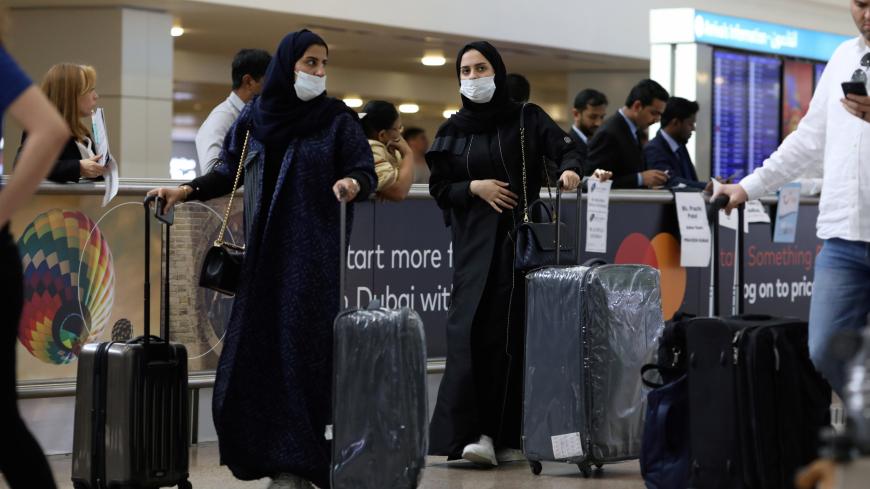On March 2, the United Arab Emirates facilitated an air shipment from the World Health Organization to Iran of medical supplies to help quell the coronavirus outbreak and, two days later, evacuated a student group of Arab foreign nationals from China, in an agreement with the Chinese government. Saudi Arabia last week decided not to issue of visas for pilgrims to Mecca. With these actions, both humanitarian and wise, the Gulf states are setting an example for what could soon be an official viral epidemic in the region, mostly generated from Iran, their main adversary.
Whatever the political tensions with Iran, Abu Dhabi and others in the region reflect the insight that global disease response is not a contest; no state wins for the lowest contagion count or fewest deaths. All governments will struggle to respond, but some will choose testing policies and communication strategies that make the rest of us safer, and they should be commended and replicated. The coronavirus will affect everyone and every economy. It is already changing our consumer and social behavior, underscoring the interdependence of our global economy from supply chains to the transmission of market anxiety.



